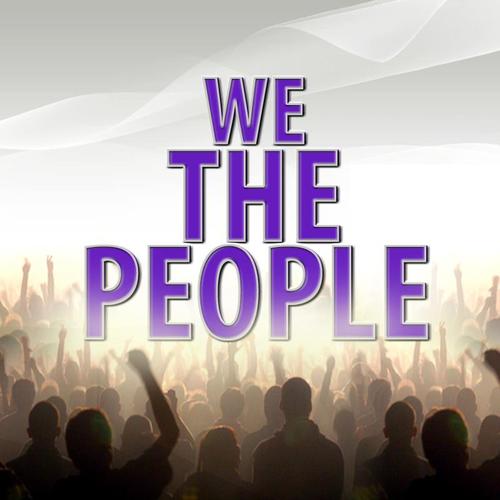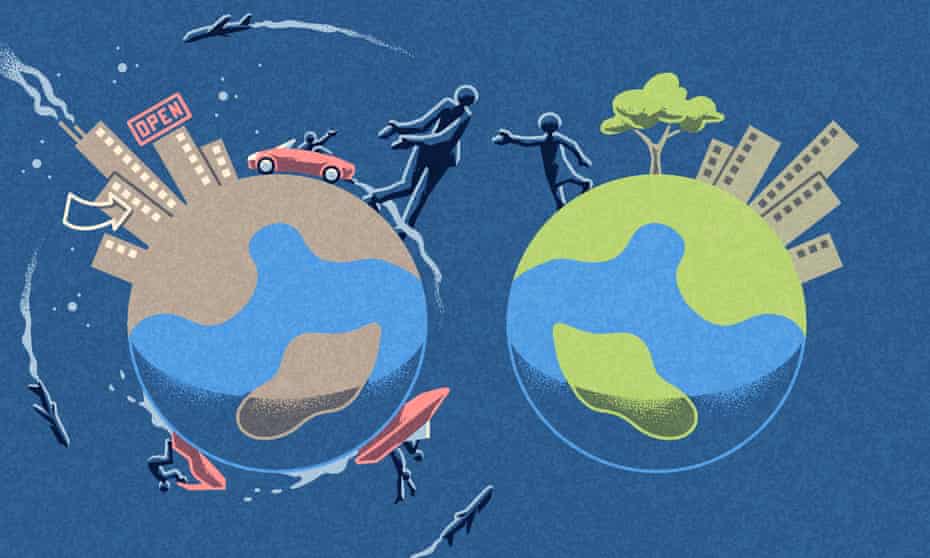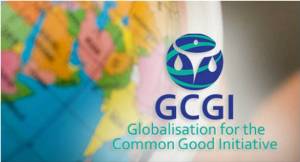
Photo: ndtv.com
Today (8 February 2017), I was reading a very interesting and timely article by George Monbiot in the Guardian. It is all about the failures of politicians, politics, the prevailing economic model, and more, and how the volunteer sector, communities, people everywhere, can come together, taking actions from below, defeating the demagogues and all no-good-doers.
I find Monbiot’s analysis and arguments very convincing on what has gone wrong and on how we may move forward to a better path.
Let me quote a couple of passages from the article:
“Without community, politics is dead. But communities have been scattered like dust in the wind. At work, at home, both practically and imaginatively, we are atomised.
As a result, politics is experienced by many people as an external force: dull and irrelevant at best, oppressive and frightening at worst. It is handed down from above rather than developed from below. There are exceptions – the Sanders and Corbyn campaigns, for instance – but even they seemed shallowly rooted in comparison with the deep foundations of solidarity movements grew from in the past, and may disperse as quickly as they gather.
It is in the powder of shattered communities that anti-politics swirls, raising towering dust-devils of demagoguery and extremism. These tornadoes threaten to tear down whatever social structures still stand.
When people are atomised and afraid, they feel driven to defend their own interests against other people’s. In other words, they are pushed away from intrinsic values such as empathy, connectedness and kindness, and towards extrinsic values such as power, fame and status.”
Yes, I too, believe that, there are millions and millions of people around the world living with total disappointment with the current inhumane and untrustworthy system. Many, tragically, have chosen escapism and have become escapists: some removing themselves totally out of community, alone in loneliness, and some, even more tragically escaping into drugs and alcoholism or virtual fantasy worlds of Brexit, Trump and other forms of populism.
So, the pertinent question is: Who can Heal and Save the World?
Saving the world and making it a better place starts with each of us.
We must transform our lives and values to save our planet

Illustration by Matt Kenyon/Via The Guardian
' In decades to come we must rethink our agriculture, our love of
consumptionand our short-termist priorities.'Susanna Rustin, The Guaedian
The current dominant global model of neo-liberalism has unleashed a savage barbarity and assault on majority of people, communities and societies, creating fear, hopelessness, anxiety, intolerance, xenophobia, mistrust, individualism, selfishness, and more.
What is then a spiritual and ethical path to replace the savage neoliberalism, leading to healing and saving the world?
To my mind, and in my experience, we need, once again to nurture and value community, values-led education, responsible leadership, valuing critical thinking, not twittering all the time, , and being thankful, joyous, and kind, and finally, having faith and confidence that in association with others, we can change the world for better.
We are grateful that our GCGI is a global community of people, with its leadership programme, with the online journal and publications to impart information and encourage critical thinking and exchange, and as a place to share our wisdom, experiences, stories, faith, doubts, fears, hopes and joy, manifesting our friendship to take actions in the interest of the common good.
For this, I am most grateful and give my thanks to all our supporters.
The GCGI: How it began

